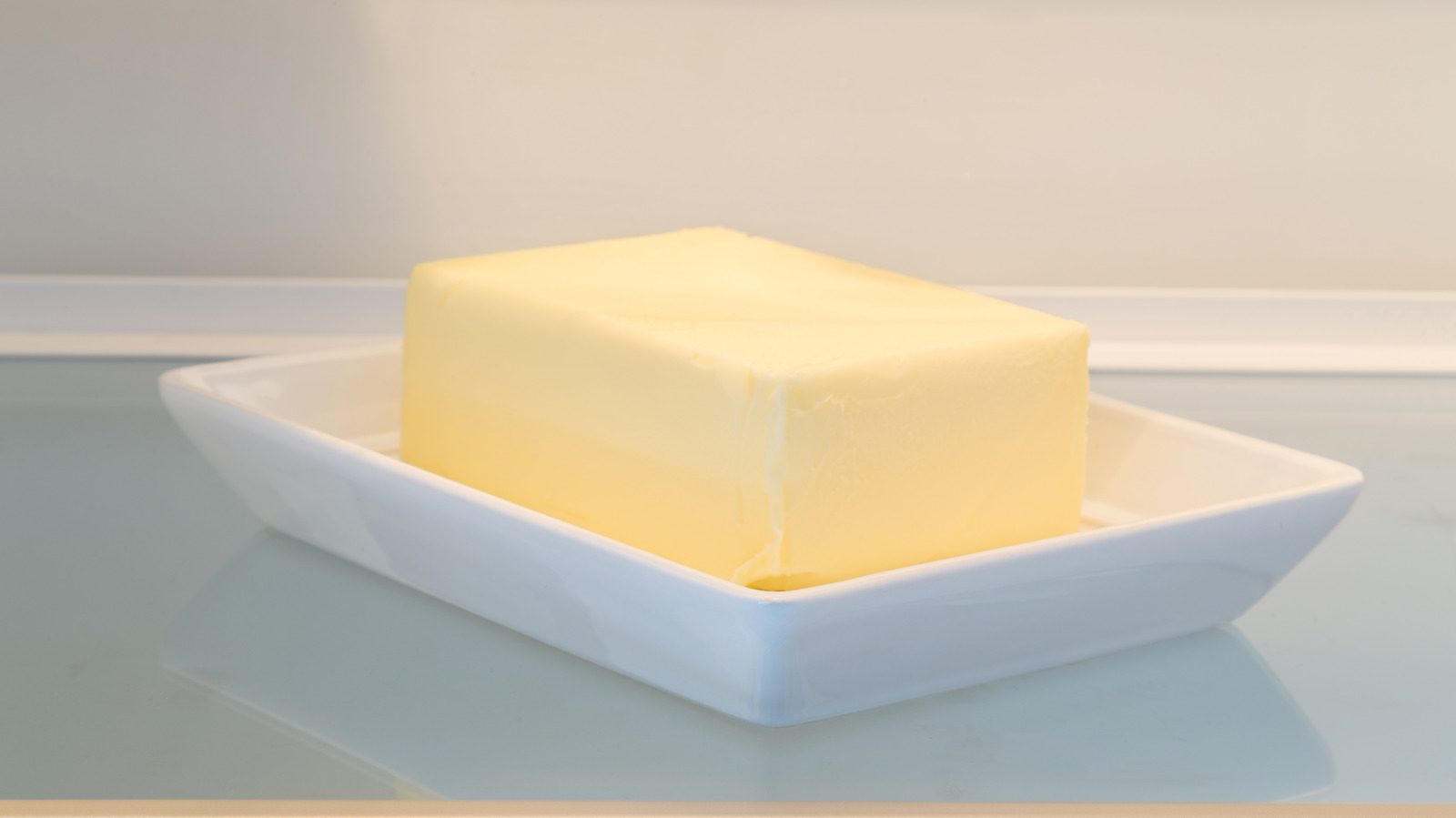

Articles
How Long Can Butter Last In The Freezer
Modified: October 20, 2024
Discover articles on how long butter can last in the freezer, including tips on storage and preservation. Extend the shelf life of your butter with these helpful guidelines.
(Many of the links in this article redirect to a specific reviewed product. Your purchase of these products through affiliate links helps to generate commission for Storables.com, at no extra cost. Learn more)
Introduction
Welcome to our comprehensive guide on how long butter can last in the freezer. Butter is a delicious and versatile ingredient that adds richness and flavor to a wide variety of dishes. However, there may be times when you have more butter than you can use before it spoils. Freezing butter is a great way to extend its shelf life and ensure that you always have it on hand for your culinary creations.
In this article, we will explore the freezing process, factors that can affect the shelf life of butter, proper storage techniques, and how long butter can last in the freezer. We will also discuss signs of spoiled butter and answer some frequently asked questions about freezing this beloved dairy product.
So, if you find yourself wondering how to make that bulk purchase of butter last or how to preserve butter from your garden-fresh churn, keep reading to learn all you need to know about freezing butter.
Key Takeaways:
- Freezing butter can extend its shelf life for up to 6 to 9 months when stored properly, allowing you to stock up on this versatile ingredient without worrying about it going bad.
- Proper storage techniques, such as using airtight containers and labeling with the freezing date, are crucial for maintaining the quality and freshness of frozen butter.
Read more: How Long Can Shrimp Last In The Freezer
The Freezing Process
Before we dive into the specifics of freezing butter, let’s first understand the process of freezing. Freezing is a method of food preservation that involves lowering the temperature of a food item to below its freezing point, typically 0 degrees Fahrenheit (-18 degrees Celsius). This freezing temperature inhibits the growth of microorganisms, slows down enzymatic activity, and helps to preserve the quality and freshness of the food.
When it comes to freezing butter, the process is quite straightforward. Start by ensuring that your butter is in a suitable container or wrapper that is airtight and freezer-safe. This will help to prevent freezer burn and maintain the quality of the butter over time.
Place the butter in the coldest part of your freezer, such as the back of the freezer or in a freezer drawer. It’s important to keep the butter away from areas that may experience temperature fluctuations, as this can affect the overall quality and shelf life of the butter.
Allow the butter to freeze completely. This typically takes a few hours, but freezing time may vary depending on the size and thickness of the butter. Once the butter is completely frozen, it is now ready to be stored in the freezer for an extended period.
Remember to label the container or wrapper with the date of freezing, as this will help you keep track of its freshness and determine when it should be used.
Next, let’s explore the factors that can affect the shelf life of butter in the freezer.
Factors Affecting Butter Shelf Life
While freezing butter can significantly extend its shelf life, it’s important to keep in mind that there are several factors that can still affect how long the butter will remain fresh in the freezer. Here are some of the key factors to consider:
- Temperature fluctuations: Fluctuations in the freezer temperature can cause the butter to thaw partially and refreeze, leading to a loss in quality. It’s important to maintain a consistent freezing temperature.
- Container quality: The quality of the container or wrapper in which the butter is stored can impact its shelf life. Make sure to use airtight, freezer-safe containers or wrappers to minimize exposure to air and moisture.
- Exposure to air and moisture: Air and moisture are the main culprits that can cause freezer burn and affect the taste and texture of butter. Proper packaging is essential to protect the butter from these elements.
- Length of storage: While freezing can keep butter fresh for an extended period, it’s important to note that the longer butter is stored in the freezer, the higher the chances of quality degradation. It’s recommended to use frozen butter within a reasonable timeframe for optimal taste and texture.
- Quality of the butter: The quality of the butter at the time of freezing can also impact its shelf life. Fresh, high-quality butter is more likely to stay fresh in the freezer for a longer duration.
By understanding and considering these factors, you can maximize the longevity of your frozen butter and ensure that it stays fresh for as long as possible.
Now that we’ve explored the factors that can affect the shelf life of frozen butter, let’s move on to proper storage techniques to maintain its quality.
Proper Storage Techniques
When it comes to storing butter in the freezer, following proper techniques can make a significant difference in maintaining its quality. Here are some recommended storage techniques:
- Use airtight containers: Ensure that the container or wrapper you use to store butter in the freezer is airtight. This will prevent air and moisture from seeping in and causing freezer burn.
- Wrap butter securely: If you’re using individual sticks of butter, consider wrapping each stick tightly in plastic wrap or aluminum foil before placing them in a freezer bag or container. This extra layer of protection helps to maintain the texture and quality of the butter.
- Label and date: Always label the container or wrapper with the date of freezing. This will help you keep track of how long the butter has been in the freezer and determine its freshness.
- Store in the coldest part of the freezer: Place the butter in the coldest part of your freezer, away from areas that are prone to temperature fluctuations, such as the freezer door. This ensures a more consistent freezing temperature.
- Organize properly: Try to keep your frozen butter in a designated area of the freezer to avoid any accidental damage. This will also make it easier to locate and access the butter when needed.
By following these storage techniques, you can help prolong the shelf life of your frozen butter and maintain its quality for a longer duration.
Now that we know how to properly store butter in the freezer, let’s address the question on everyone’s mind – how long can butter actually last in the freezer?
Butter can last in the freezer for up to 6-9 months if properly sealed to prevent freezer burn. Be sure to label with the date to keep track of its freshness.
How Long Can Butter Last in the Freezer?
The good news is that butter can last quite a long time when stored properly in the freezer. When kept at a constant freezing temperature of 0 degrees Fahrenheit (-18 degrees Celsius) or below, butter can maintain its quality for up to 6 to 9 months. This means that you can stock up on butter during sales or when you have excess, without worrying about it going bad.
It’s important to note that while butter can remain safe to consume beyond the 6 to 9 month mark, its quality may start to deteriorate. Freezing can cause changes in texture and flavor, so it’s best to use frozen butter within the recommended timeframe for the best culinary results.
Additionally, it’s crucial to consider the quality of the butter at the time of freezing. Fresh and high-quality butter has a better chance of retaining its texture and taste during storage compared to butter that is nearing its expiration date.
Remember, proper storage techniques, such as using airtight containers, wrapping butter securely, and storing it in the coldest part of the freezer, play a significant role in preserving the quality and extending the shelf life of butter in the freezer.
Now that you know how long butter can last in the freezer, it’s important to be able to identify signs of spoiled butter to ensure that you’re using it when it’s still safe and enjoyable to consume.
Read more: How Long Can Chocolate Last In The Freezer
Signs of Spoiled Butter
While properly stored butter in the freezer can maintain its quality for an extended period, there may come a time when it becomes spoiled and should no longer be consumed. Here are some signs to look out for that indicate butter has gone bad:
- Off odor: One of the most telling signs of spoiled butter is a sour or rancid smell. If the butter emits an unpleasant odor, it’s best to discard it.
- Discoloration: Another noticeable sign of spoiled butter is a change in color. If the butter develops a yellow or brownish tint, it is likely past its prime.
- Mold growth: If you spot any green, blue, or black mold on the surface of the butter, do not consume it. Mold growth is a clear indication of spoilage.
- Unusual texture: Spoiled butter may have a slimy or greasy texture. If the butter feels off or has an abnormal consistency, it’s best to err on the side of caution and discard it.
- Taste: If you taste the butter and notice an unpleasant or rancid flavor, it’s a clear indication that it has gone bad.
It’s important to trust your senses when assessing the quality of butter. If any of these signs are present, it’s best to play it safe and discard the butter to avoid any potential foodborne illnesses.
Now that we’ve covered the signs of spoiled butter, let’s address some frequently asked questions about freezing butter.
FAQ: Freezing Butter
Here are some frequently asked questions about freezing butter:
- Can you freeze butter in its original packaging?
- Can you freeze salted and unsalted butter?
- Can you freeze whipped butter or butter spreads?
- Can you refreeze butter that has been thawed?
- Can frozen butter be used for baking or cooking?
While most butter packages are not designed for long-term freezer storage, you can freeze butter in its original packaging. However, it’s recommended to transfer the butter to a freezer-safe container or wrap it in plastic wrap/aluminum foil for better protection against air and moisture.
Yes, both salted and unsalted butter can be frozen. However, it’s important to note that the texture and taste of salted butter might be slightly altered after freezing.
Whipped butter and butter spreads have a higher water content and may not freeze well. It’s best to check the manufacturer’s instructions before freezing these varieties.
It is generally safe to refreeze butter that has been thawed in the refrigerator. However, keep in mind that the quality may be affected with each freeze and thaw cycle, so it’s best to thaw only the amount of butter you need.
Absolutely! Frozen butter can be used in baking and cooking recipes. Simply thaw it in the refrigerator before using. However, keep in mind that the texture of the thawed butter might be slightly different than fresh butter.
It’s important to note that these answers are general guidelines. Always check the packaging or manufacturer’s instructions for specific recommendations on freezing butter.
Now that we’ve covered some common questions about freezing butter, let’s wrap up this article.
Conclusion
Freezing butter is a convenient and effective way to extend its shelf life and ensure that you always have this versatile ingredient on hand. By following proper storage techniques, such as using airtight containers, wrapping the butter securely, and storing it in the coldest part of the freezer, you can maintain the quality and freshness of butter for an extended period.
When stored correctly at a constant freezing temperature, butter can last in the freezer for up to 6 to 9 months. However, it’s important to note that while frozen butter may remain safe to consume beyond this timeframe, its quality may start to deteriorate.
Watch out for signs of spoiled butter, such as an off odor, discoloration, mold growth, unusual texture, or unpleasant taste. If any of these signs are present, it’s best to discard the butter to avoid any potential foodborne illnesses.
Feel free to freeze both salted and unsalted butter, but be aware that the texture and taste of salted butter may be slightly altered after freezing. While whipped butter and butter spreads may not freeze well due to their higher water content, always refer to the manufacturer’s instructions for specific recommendations.
In conclusion, freezing butter is a reliable method to preserve its quality and freshness. By understanding the freezing process, factors affecting shelf life, proper storage techniques, and signs of spoilage, you can confidently freeze and use butter whenever needed, eliminating the worry of it going to waste.
So go ahead, stock up on butter, freeze it properly, and enjoy its deliciousness in your culinary endeavors for months to come!
Frequently Asked Questions about How Long Can Butter Last In The Freezer
Was this page helpful?
At Storables.com, we guarantee accurate and reliable information. Our content, validated by Expert Board Contributors, is crafted following stringent Editorial Policies. We're committed to providing you with well-researched, expert-backed insights for all your informational needs.


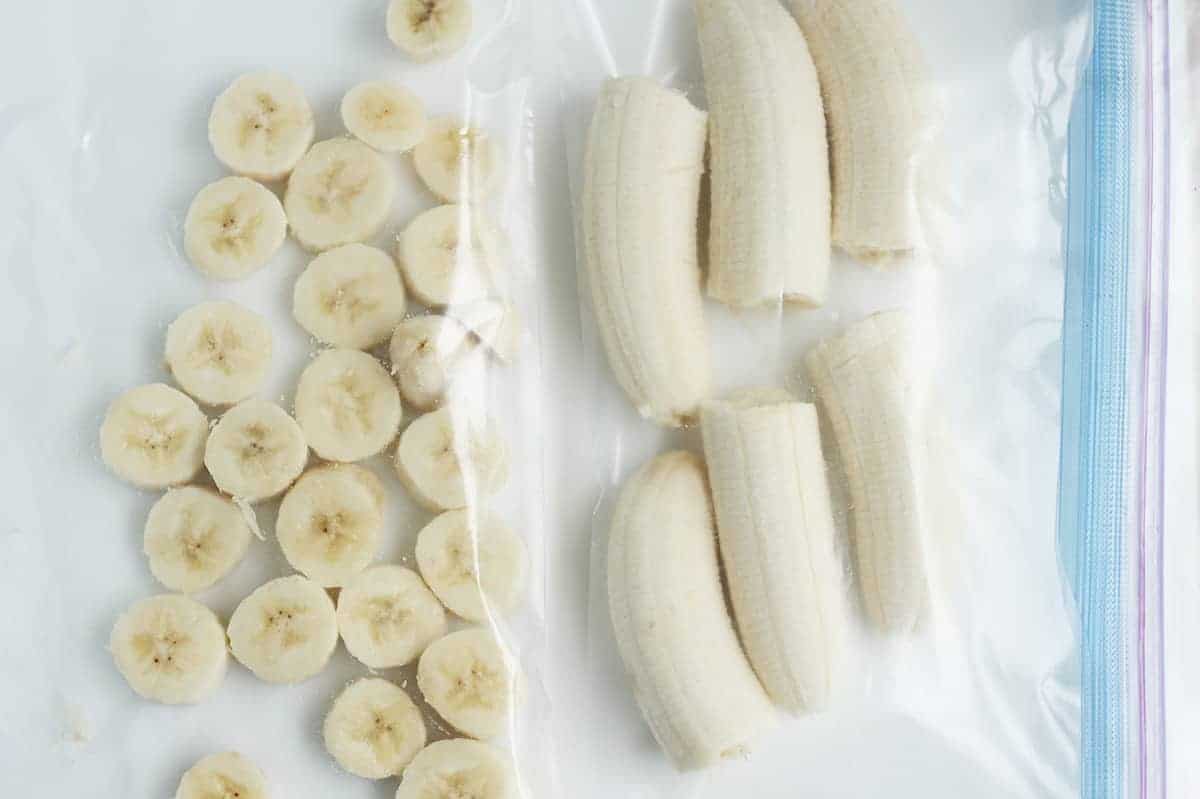
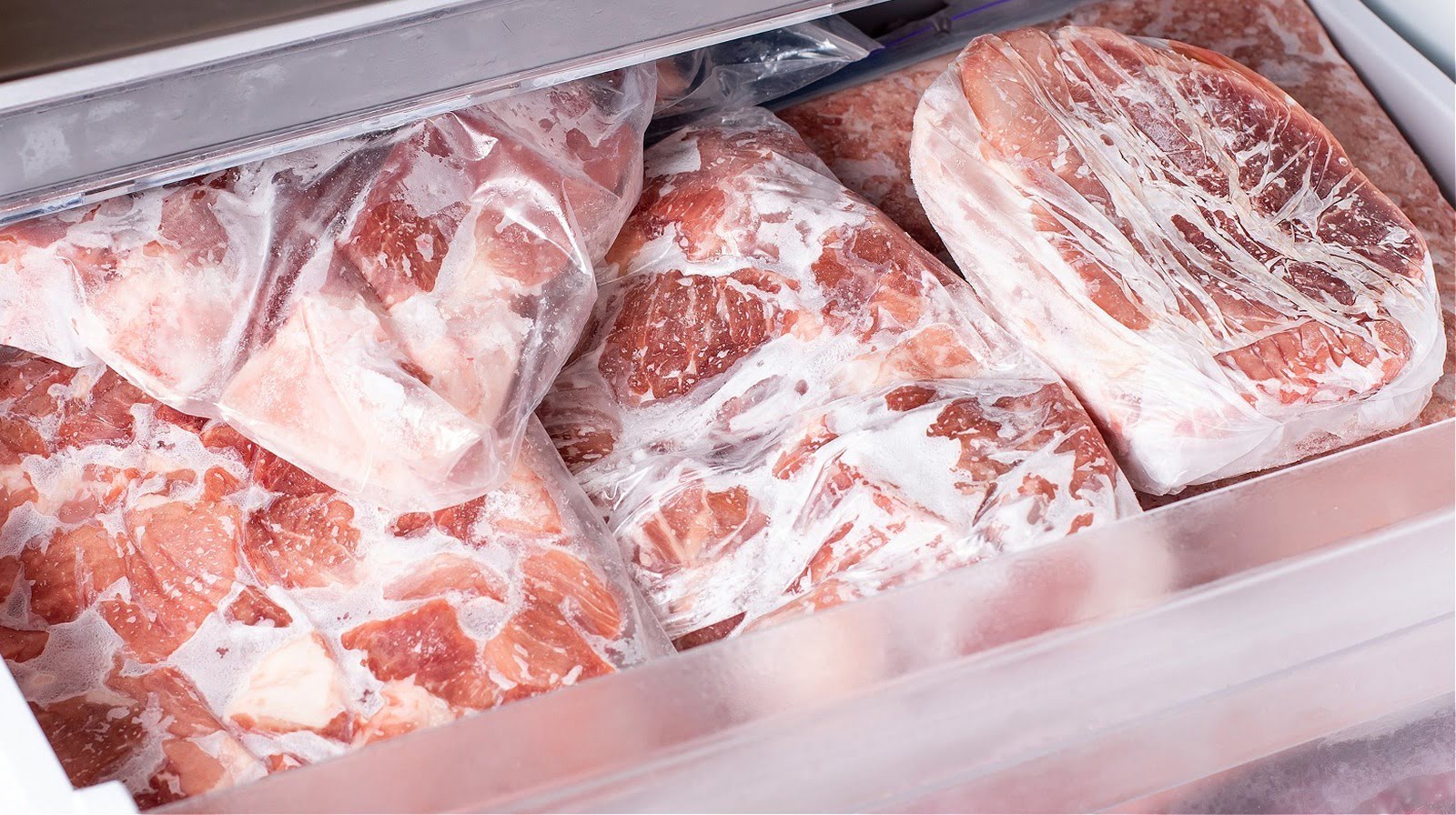
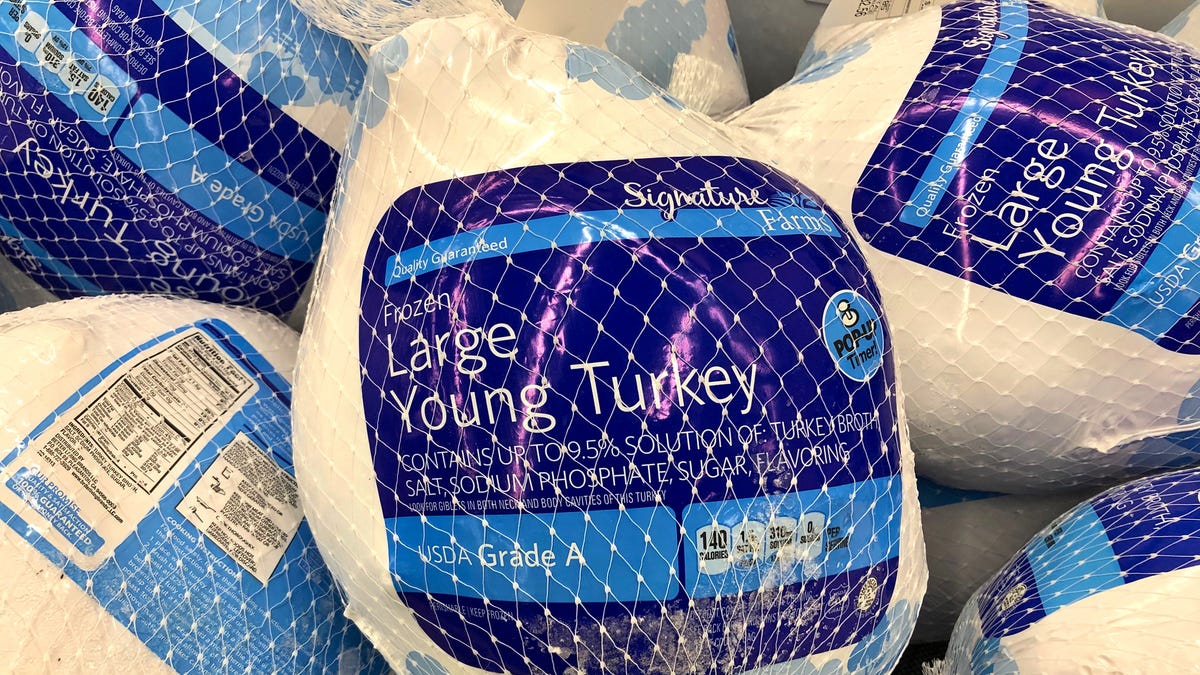

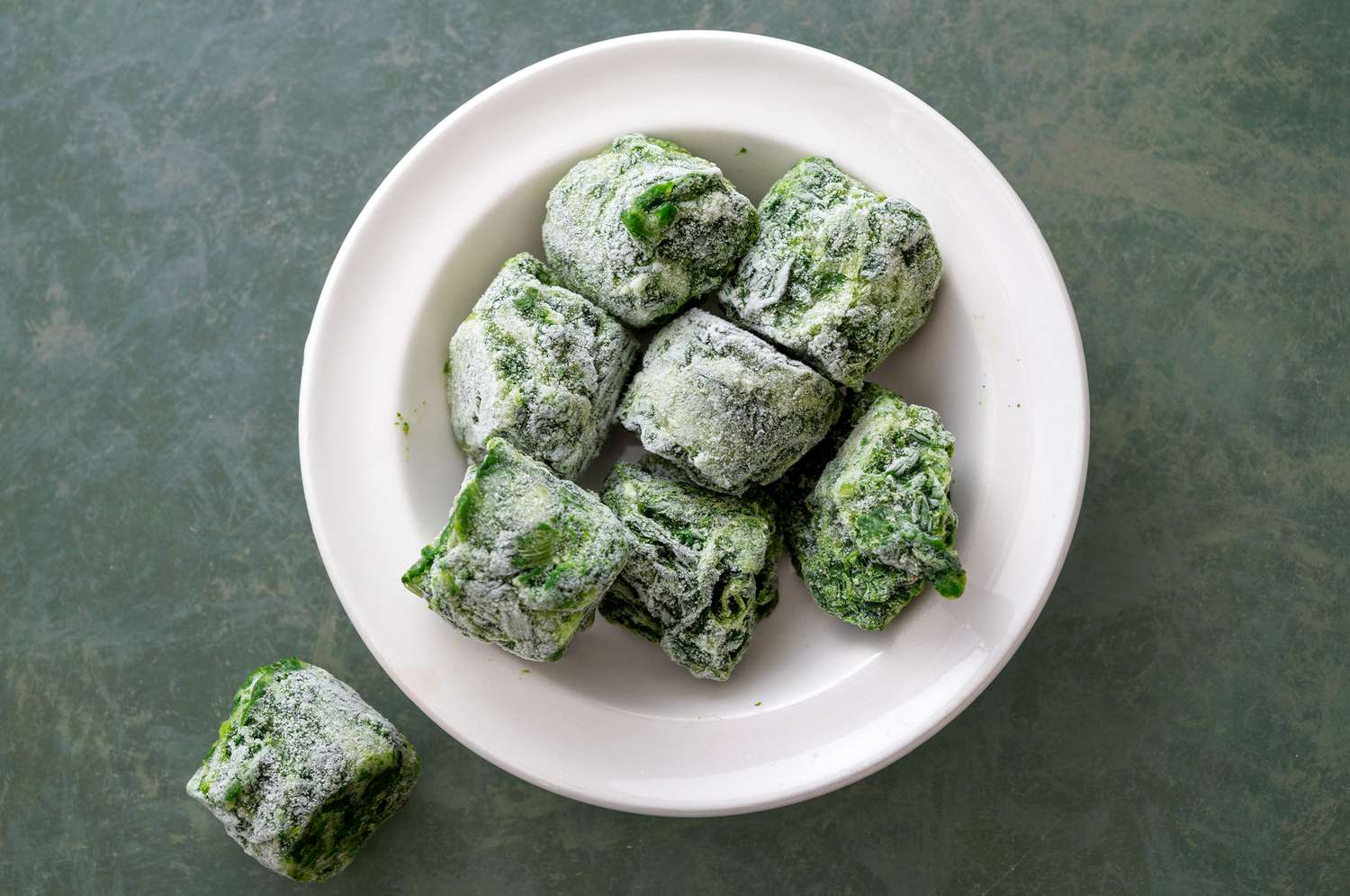






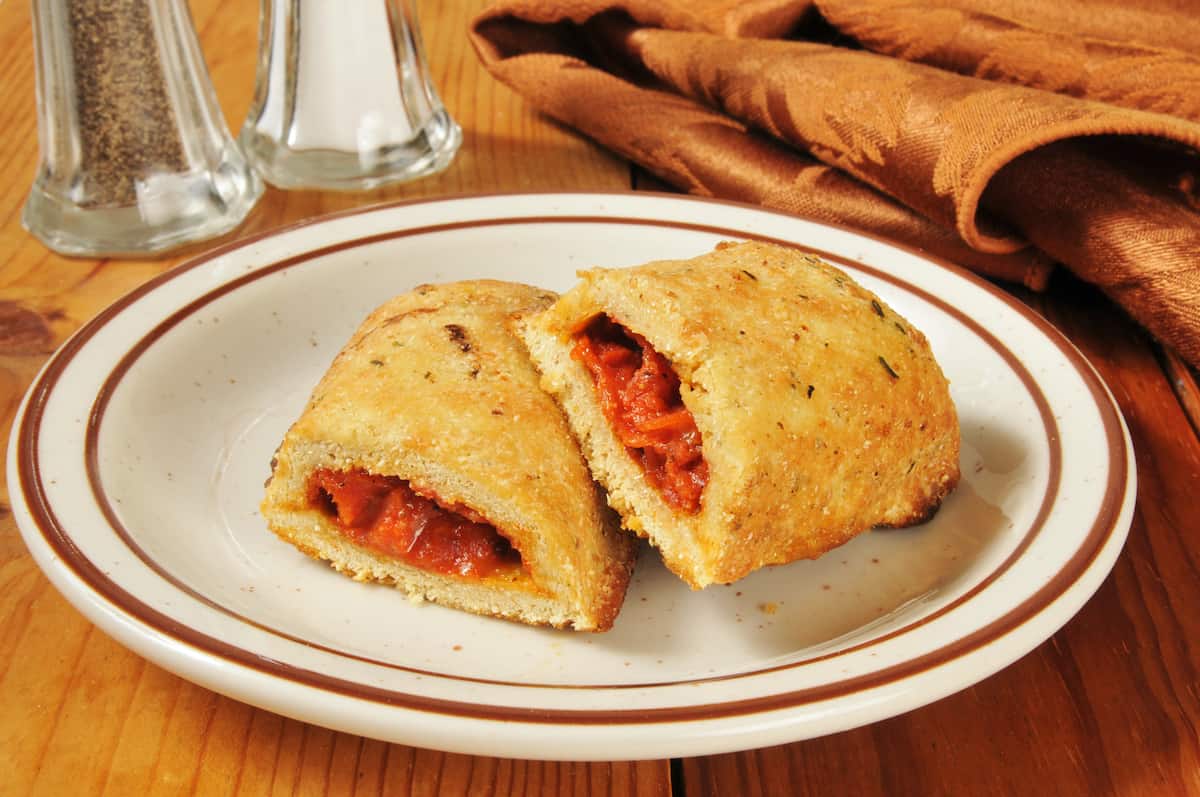

0 thoughts on “How Long Can Butter Last In The Freezer”